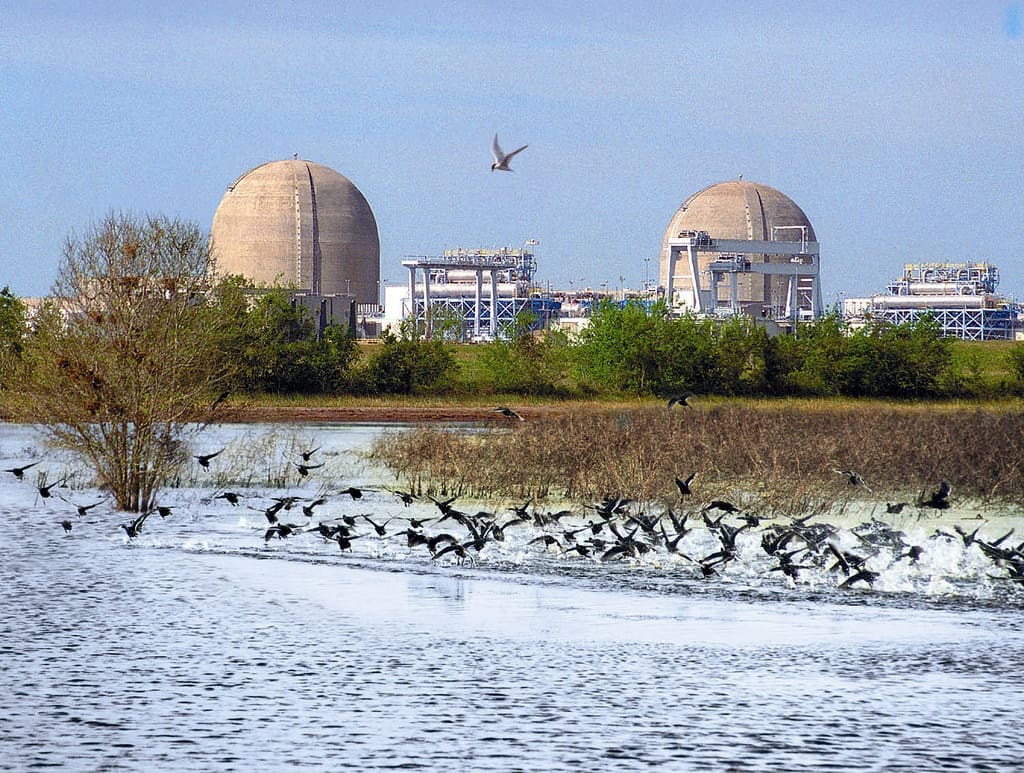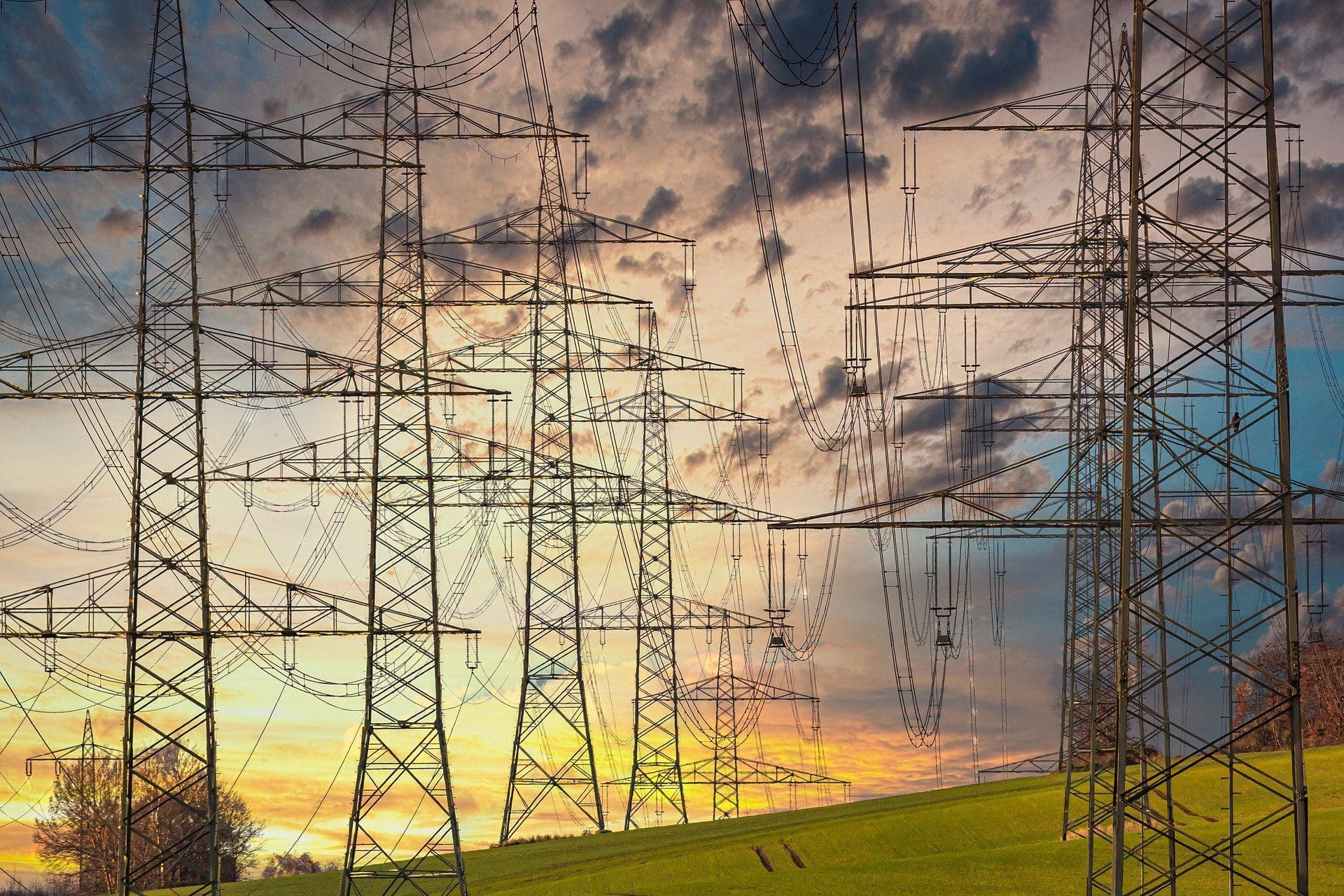Life:Powered, a Texas Public Policy Foundation project, has released several reports focusing on expanding nuclear power in Texas.
The reports suggest that nuclear-generated energy may be the answer to the future power needs for the state to sustain its growing population and economy, as nuclear power has low land use and is a dependable energy source even when faced with bad weather.
“Texas has a remarkable opportunity to expand nuclear electricity production in the state,” wrote Life:Powered Campaign Director Carson Clayton.
In contrast to wind and solar, the extremely energy-dense and reliable uranium and plutonium fuel provides a reliable source of energy. Texas is a major hub of business and commerce in the United States, and there is a critical need to meet the current and future demands of rapid growth.
Currently, Texas has four nuclear reactors. Two are located at the Comanche Peak Nuclear Facility southwest of Fort Worth, and the other two are at the South Texas Project between Bay City and Matagorda.
Since the subsidies for unreliable wind and solar energy began, nuclear energy has faced an economic hurdle as it is more expensive to set up. However, wind and solar do not produce a reliable base load, which nuclear energy would offer.
The economic hurdle makes it very difficult for additional nuclear facilities to be built, along with the federal permitting required for existing and expanding facilities.
To continue to bring nuclear energy to Texas, the report suggests that it would be best to co-locate small nuclear energy plants alongside industrial facilities until energy market reform occurs. It also suggests that the U.S. military should spearhead new nuclear technology development within the state, as the military is able to avoid many of the regulations for nuclear micro-reactor installations.
Gov. Greg Abbott formed the Texas Advanced Nuclear Reactor Working Group within the Public Utility Commission of Texas in September 2023. Abbott has tasked the group with “outlining a roadmap for how Texas will become the national leader in using advanced nuclear technology,” according to the PUC website.
In September, it was announced that a nuclear reactor would be coming to Abilene Christian Academy, the first of its kind to be approved in more than 40 years.





